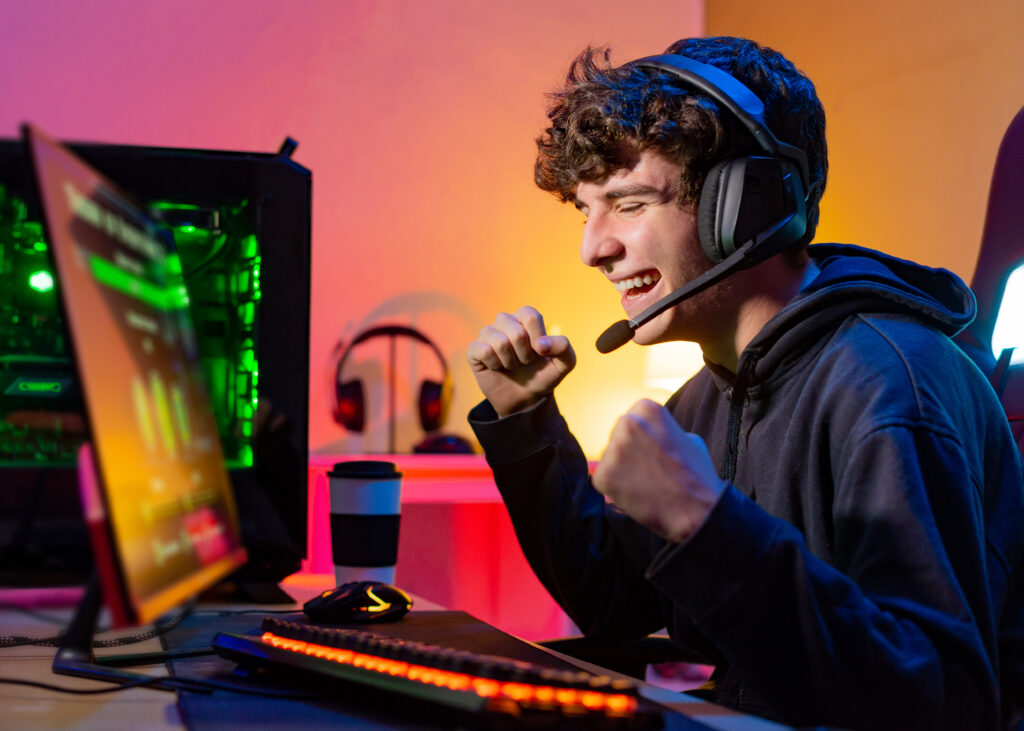How nutritions play an important role
Ever noticed how a hungry, tired teenager can turn into a grumpy, distracted one? It’s not just mood, it’s science. What your teen eats, how well they sleep, and how balanced their life feels can make or break their focus, memory, and exam performance.
The good news? Small, realistic tweaks at home can help your teen learn smarter and feel calmer.
By making small but consistent changes in these areas, you can help your teenager achieve better results while protecting their health and well-being.
How nutrition is fuel for the teenage brain
Your teen’s brain is like a high-performance engine, and the right fuel keeps it running smoothly. Skipping breakfast, for example, is like starting the school day on an empty tank.
A bowl of porridge with fruit, eggs on toast, or yoghurt with nuts can provide steady energy to carry them through morning lessons.
A diet rich in colourful fruit and veg, lean proteins, and healthy fats has also been linked to sharper memory and better focus. Even sleep quality improves with balanced nutrition, meaning teens who eat well are more likely to rest well too.
On the flip side, sugary snacks and energy drinks can create a rollercoaster of highs and crashes, leaving teens foggy when they need to concentrate most. Stocking the fridge with quick, healthy options makes it easier for them to choose something nourishing, even during late-night revision sessions.
But that’s not to say treats are bad – it’s good to have a balance.
Sleep: The ultimate academic superpower
Imagine two Year 11 students during exam season. Alex scrolls through social media until midnight, gets six hours of sleep, and drags themselves through morning lessons. Sam, on the other hand, sticks to a consistent bedtime and gets closer to nine hours.
Research from the University of Cambridge shows what you probably guessed: Sam’s well-rested brain is sharper, memory recall is better, and decision-making is calmer. Even modest improvements in sleep, like going to bed 20 minutes earlier, can lead to noticeable differences in focus and performance.
The problem isn’t laziness; teenagers’ body clocks naturally shift later during adolescence, making it harder to fall asleep early.
Pair that with early school starts, and many teens are chronically sleep-deprived. Encouraging a wind-down hour, dimming lights, putting phones away, and swapping screens for a book or quiet music, can help their bodies reset and signal that it’s time to rest.
Balance: More than just hard work
Academic success isn’t about working non-stop. In fact, balance is what keeps teens motivated and resilient. Movement, for example, boosts blood flow to the brain and reduces stress, even if it’s just a brisk walk after school.
Screen-free downtime matters too. The blue light from phones and tablets can delay the release of melatonin, the hormone that helps us sleep. Setting aside an hour without screens before bed can help teens drift off more easily.
And then there’s timing. Some teens are early birds who thrive in the morning, while others are more productive later in the evening. When possible, aligning homework or revision with their natural energy peaks can make studying more effective, and less of a battle.
Perhaps most importantly, downtime shouldn’t be seen as wasted time. Hobbies, music, or simply relaxing with friends all help reduce stress and improve emotional resilience, both crucial for thriving in school and beyond.
Building better habits
Rather than tackling everything at once, aim for small, manageable changes that stick. Here are some ideas to try:
- Shift bedtime gradually – Bring it forward by 15 minutes each week.
- Create a pre-sleep routine – Encourage calming activities like reading or journaling.
- Prep balanced snacks together – Teens are more likely to eat what they’ve helped prepare.
- Make exercise social – Suggest activities with friends to make movement feel fun rather than a chore.
- Talk about stress – Help them understand that downtime isn’t laziness; it’s part of effective learning.
Consistency is what makes the difference. These small steps add up to healthier, more sustainable routines that support both academic performance and wellbeing.
When extra support helps
Sometimes, despite your best efforts, your teen might still be struggling. Persistent tiredness, skipping meals, or signs of burnout are worth paying attention to.
This is where support can make a difference. Check in with teachers to understand whether workload is part of the problem. Additional classes can also take some pressure off by helping your teen build confidence in challenging subjects. And if low energy or sleep problems persist, a chat with your GP can rule out any underlying issues.
Better grades don’t just come from longer revision sessions or tougher schedules. They come from balance, nourishing food, consistent sleep, and enough downtime to recharge.
By making small, consistent changes, you’re not only setting your teen up for academic success but also helping them develop habits that will support their health and happiness well into adulthood.

